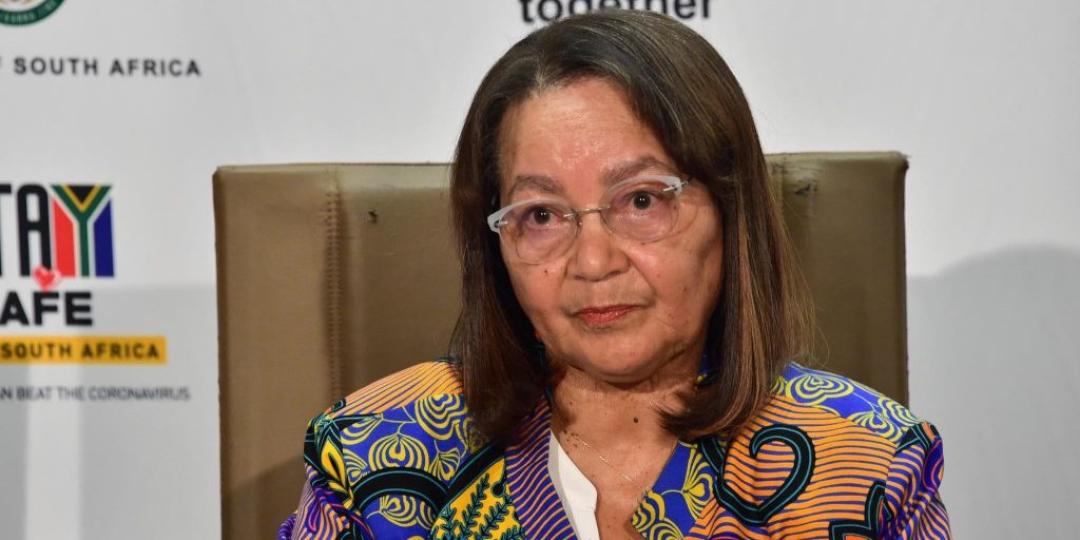Tourism safety is in the spotlight again amidst the ongoing minibus taxi strike – led by the South African National Taxi Council in the Western Cape (SANTACO-WC) – with industry stakeholders urging for a swift resolution and end to the protests.
This is as the industry is reeling from shock and sadness over the news that a British doctor was one of five people tragically killed during the strike. The investigation into his death is still ongoing, but Tourism Update understands he took a wrong turn on the Cape Town International Airport road and landed in the township of Nyanga where he was shot. He was travelling with two family members who are now in counselling after the incident.
“It is really sad that a visitor has had such a devastating experience in our country. This criminal behaviour goes against the overall spirit and nature of South Africans who are generally warm and welcoming,” said the Minister of Tourism, Patricia de Lille, in a statement today (Thursday, August 10).
She said the safety of all people and visitors to South Africa was a priority. “We are actively collaborating with authorities to ensure swift and calm resolution of all issues that have resulted in these protests. South Africa is dedicated to ensuring a secure experience for all who live and visit our country.
“I plead with law enforcement agencies to find the perpetrators of this violent crime as soon as possible. I call on the Western Cape government, the City of Cape Town and the taxi association to urgently and peacefully resolve the dispute as soon as possible and to consider the broader and devastating impact of the taxi strike on the economy and the lives of local citizens and visitors in the City of Cape Town.”
SATSA CEO, David Frost, while extending heartfelt condolences to the friends and family of the British visitor noted that this incident served as a sombre reminder of the significant damage being inflicted upon South Africa's reputation.
“We implore those involved in the strike action to abstain from further acts of violence and intimidation. It is crucial for every individual to comprehend the profound economic repercussions that stem from the events of the past seven days.”
Frost added: “The private and public sectors are working around the clock to offer unwavering support and assistance to tourists. Safety and security is a key priority for the industry and we are resolute in our commitment to mitigating the risks associated with the long-term impact of the past week's events.”
National Chairperson of FEDHASA, Rosemary Anderson, echoed Frost’s sentiments that South Africa could afford any more harm to its reputation. “Both the private and public sectors are united in their unwavering commitment to ensuring the safety and well-being of all visitors to our beautiful country.
“Regrettably, the recent incidents of violence have cast a shadow over the painstaking efforts of dedicated individuals who tirelessly strive to elevate Cape Town as a world-class destination and South Africa as the premier choice for travel to Africa. It is vital that we consider the long-term effects on livelihoods, job creation and our economy, which continues to face substantial challenges.”
National Tourism Safety Strategy
De Lille said she had noted the US and the UK's travel advisory due to Cape Town's protests. “I am aware, based on research, insights and interactions with various stakeholders that consumers cite safety as a huge concern when considering South Africa for their next holiday.”
The Minister pointed out that to address tourism safety concerns and incidents, she had, in collaboration with various stakeholders including the Ministry of Police, reviewed the county’s National Tourism Safety Strategy.
“This strategy includes a call to the tourism industry leaders as well as South Africa’s security cluster to collaborate and contribute to bolstering tourism safety and acting fast against acts of criminality that affect the sector’s potential.”
The National Tourism Safety Forum, which comprises a range of stakeholders including the police, the National Department of Tourism, Tourism MECs and the private sector, met in May this year to discuss an action plan. The Forum members will be meeting later this month to provide feedback on actions that have been taken to improve safety measures for local and international tourists.
High-level intervention
Western Cape Premier, Alan Winde, and Provincial Minister for Mobility, Ricardo Mackenzie,have requested an urgent meeting with SANTACO-WC tomorrow to seek resolution.
“We are committed to resolving the challenges facing the minibus taxi sector. These are complex issues that will take time to resolve. But we can only overcome them if we work together in the interests of our citizens,” Mackenzie said.
Winde added: “Myself and Minister Mackenzie met with the National Minister of Transport Sindisiwe Chikunga, and Executive Mayor of Cape Town, Geordin Hill-Lewis, to plot a way forward to work together as different spheres of government that must urgently find an end to the industrial action.”























